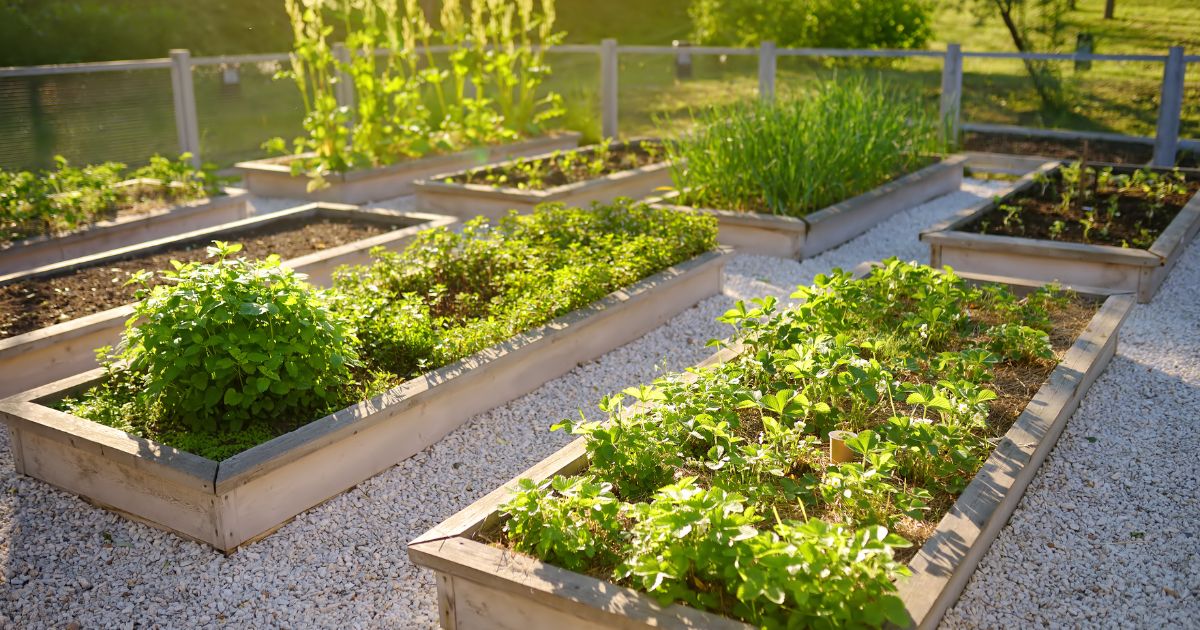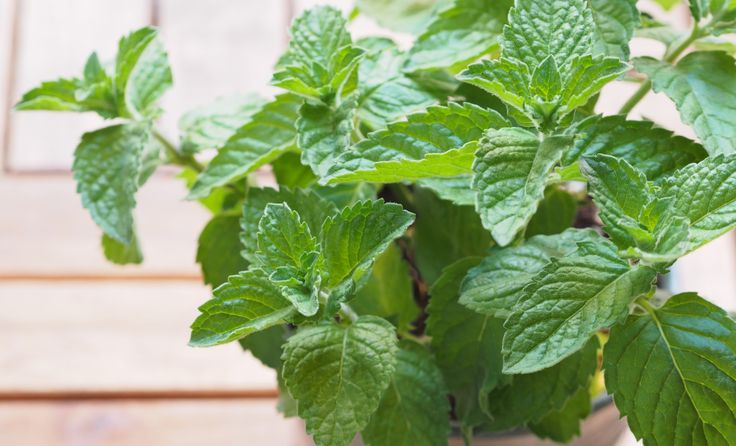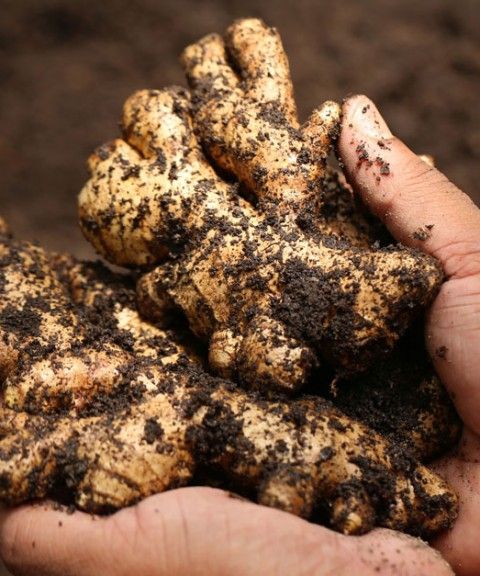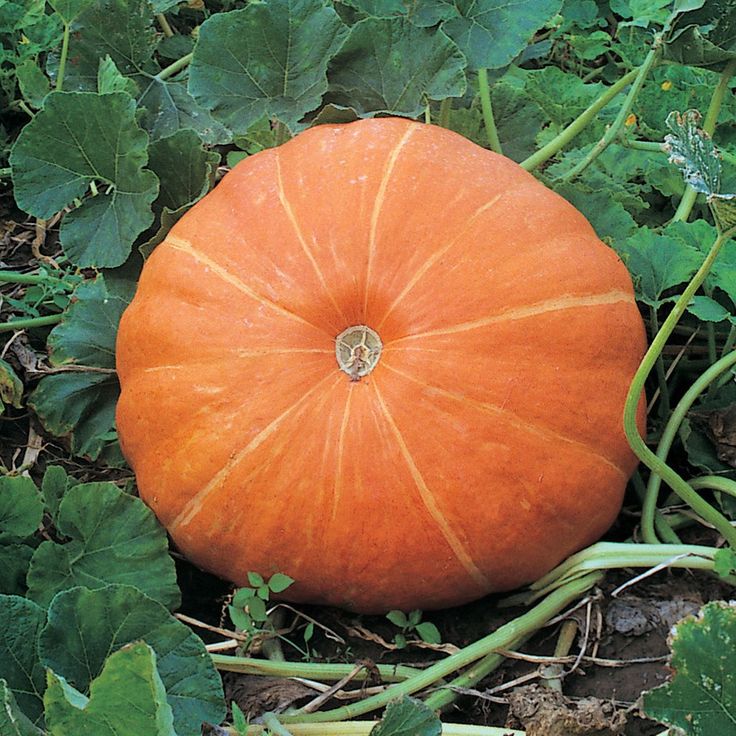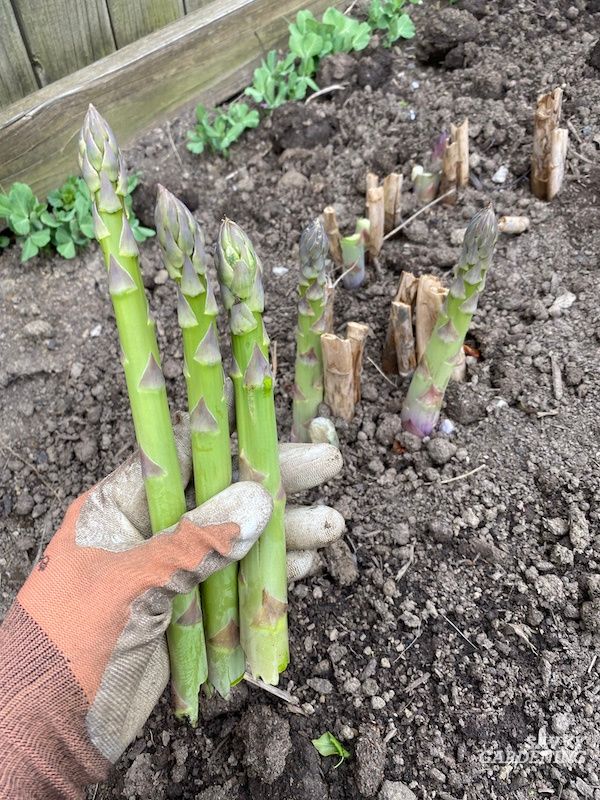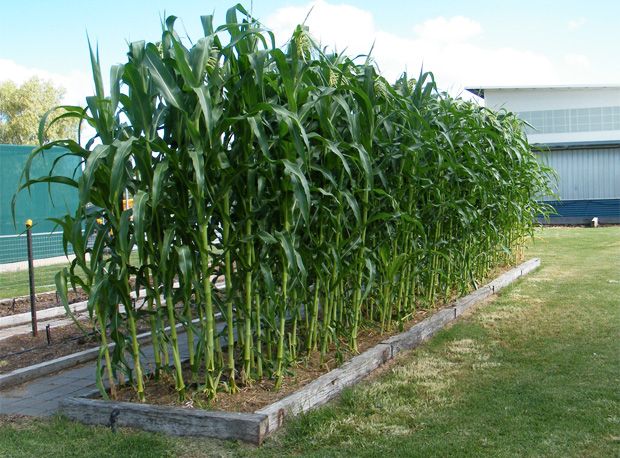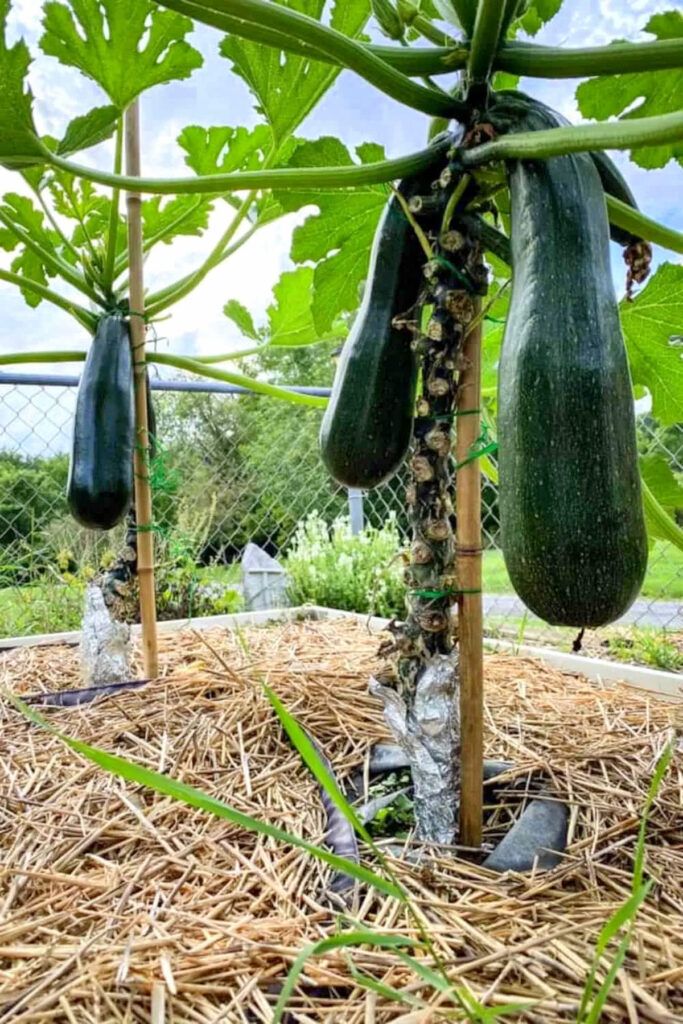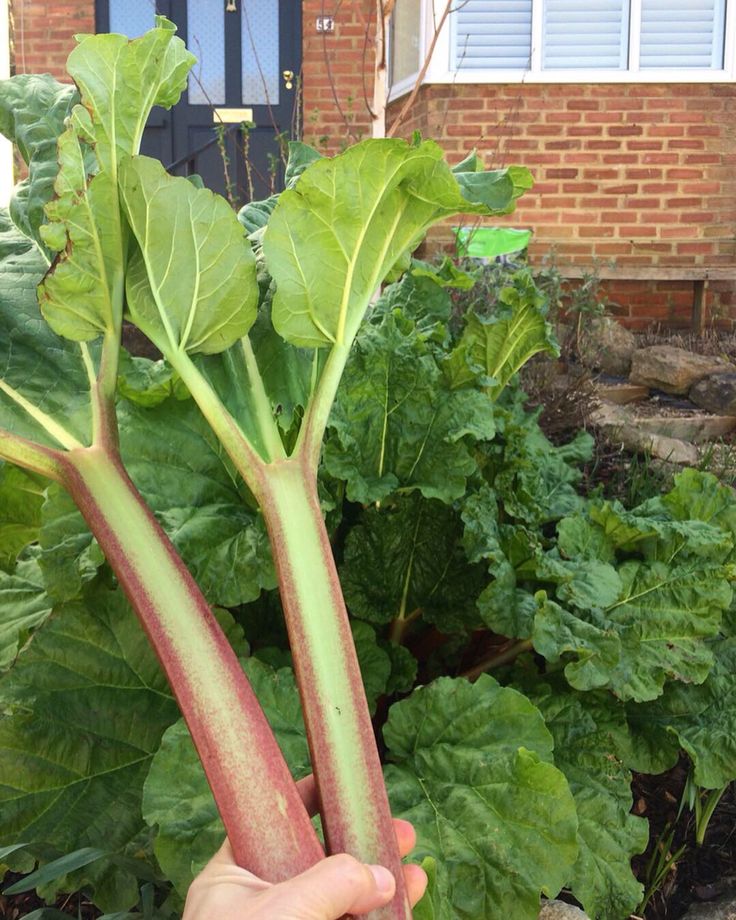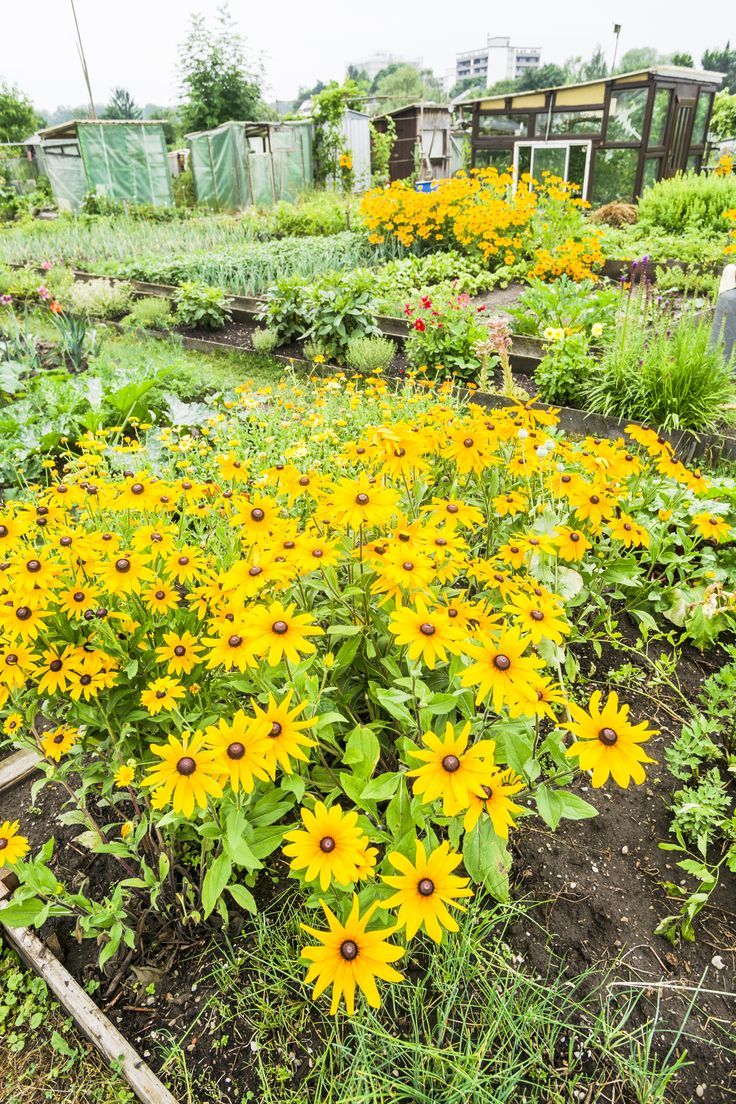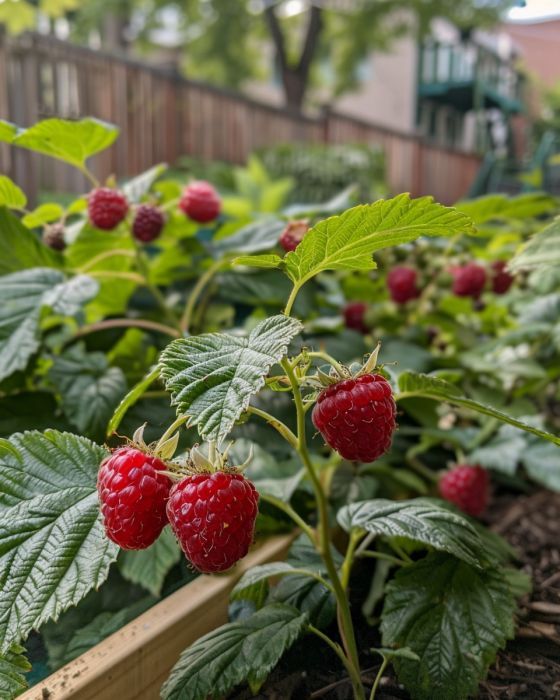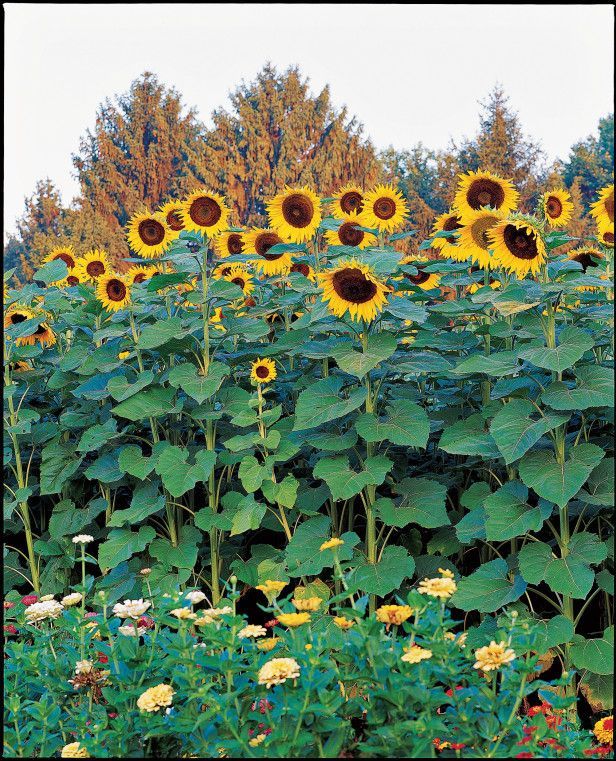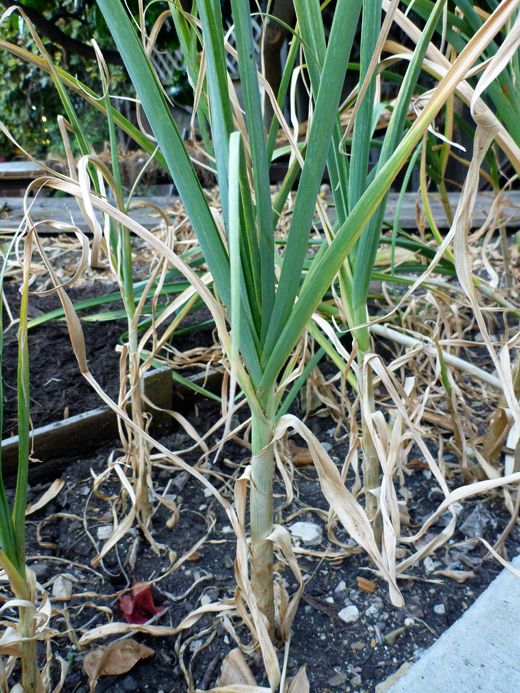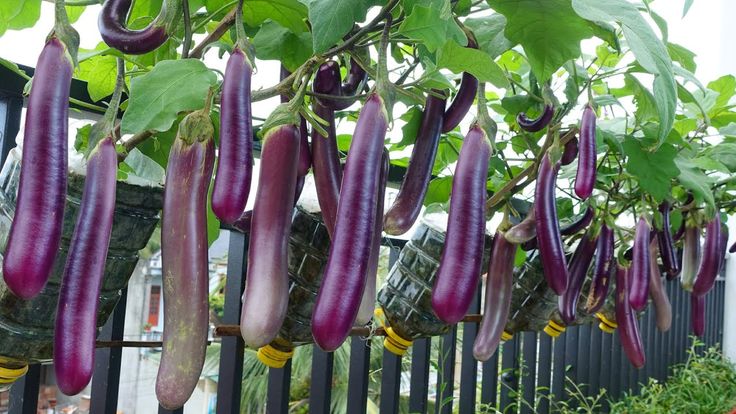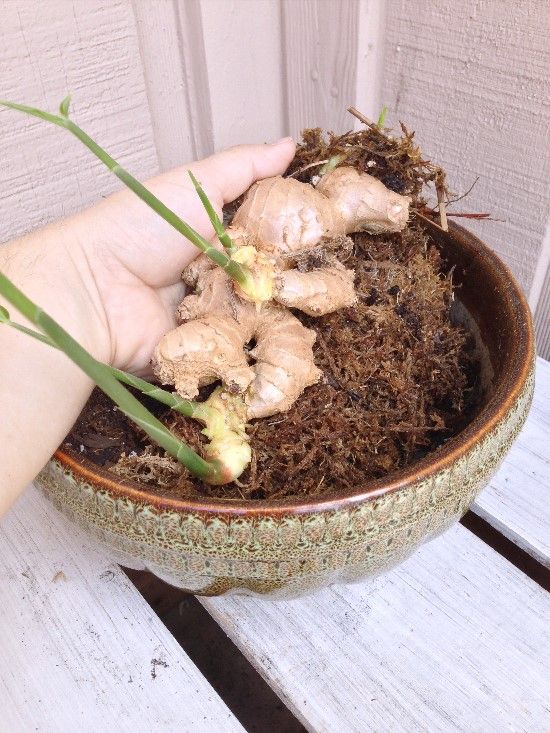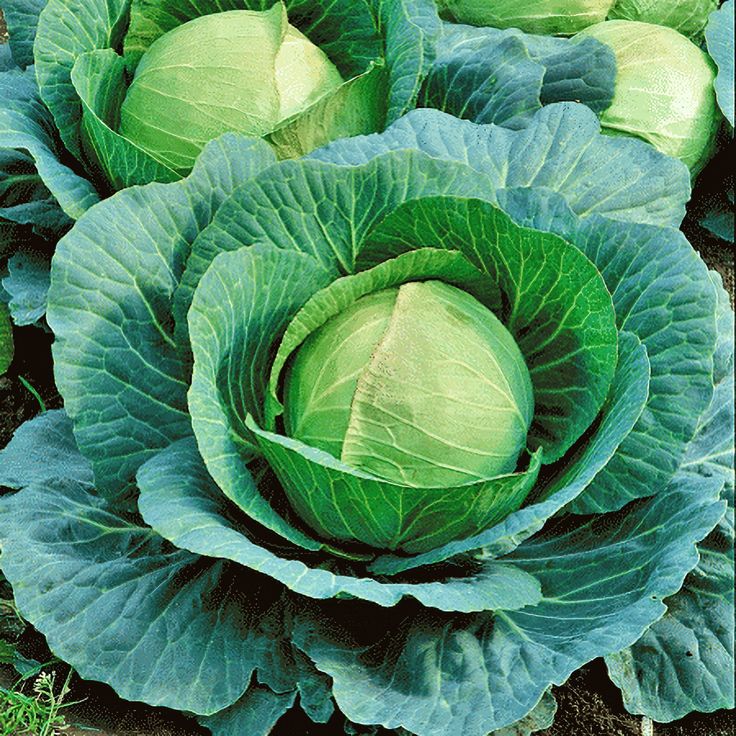Planning a successful garden involves more than just picking your favorite plants; it requires an understanding of which plants thrive in specific environments.
Raised beds offer excellent drainage and soil quality, but they are not suitable for every type of plant. In this post, we’ll explore 15 plants you should avoid planting in raised beds to ensure your garden flourishes.
Mint
Mint is known for its invasive nature. In a raised bed, it can quickly take over, spreading its runners far and wide. Its rapid growth can smother other plants and make it difficult to manage.
Horseradish
Horseradish has deep roots that can become intrusive in a raised bed environment. It requires a lot of space and can disrupt the root systems of neighboring plants.
Pumpkins
Pumpkins need a vast amount of space to grow properly. In raised beds, they can quickly outgrow their space, entangling other plants and limiting their access to sunlight and nutrients.
Potatoes
Potatoes require deep soil for tuber development, which is often limited in raised beds. Additionally, digging them out can disturb the soil structure and roots of other plants.
Asparagus
Asparagus is a perennial plant that takes years to establish, but once it does, it needs lots of room to thrive. Raised beds often do not provide adequate space for its extensive root system.
Corn
Zucchini
Zucchini is a fast-growing plant with a sprawling nature. It can quickly dominate a raised bed, leaving little room for other plants to grow.
Rhubarb
Rhubarb requires substantial space and resources. It can grow quite large, overshadowing other plants and consuming more than its fair share of nutrients.
Jerusalem Artichokes
Jerusalem artichokes, also known as sunchokes, can grow very tall and spread quickly. They can dominate a raised bed, making it challenging to grow other plants nearby.
Raspberries
Raspberries spread rapidly through underground runners. In a raised bed, they can become difficult to control, overtaking the space meant for other plants.
Sunflowers
Sunflowers grow very tall and have extensive root systems that can crowd out other plants in a raised bed. They also require a lot of sunlight and nutrients, which can deprive other plants.
Garlic
Garlic needs well-drained soil but requires a lot of room to be productive. In the confined space of raised beds, it can take up space needed by other plants.
Eggplants
Eggplants need a long growing season and lots of sunlight. In a raised bed, they can overshadow other plants and dominate the available resources.
Ginger
Ginger requires warm temperatures and a long growing season. Its extensive root system can take over a raised bed, making it difficult for other plants to thrive.
Cabbage
Cabbage can grow large and take up significant space in a raised bed. It can overshadow smaller plants and compete heavily for nutrients and water.
